Welcome back to another magical Friday Product Post! We have a some really awesome, useful Qwiic products to show off today. We are happy to introduce QwiicBus! The QwiicBus EndPoint, MidPoint, and Kit add new options for extending the range of your favorite Qwiic boards to over 100 feet. We also have the new Qwiic MultiPort, which allows you to split your sensors and accessories from one location rather than daisy-chaining. You might have seen the MultiStar April Fool's Day post from yesterday teasing this new board. Last, we have a new, flexible Qwiic jumper cable. Let's jump in and take a closer look!
Seat belts, everyone!
The SparkFun QwiicBus EndPoint is the fastest and easiest way to extend the range of your I2C communication bus. The breakout uses NXP’s PCA9615 IC, which converts the two default I2C signals into four differential signals - two for SCL and two for SDA. The differential signals are sent over an Ethernet cable, which attaches to the breakout through the on-board RJ-45 connectors. The differential signaling allows the I2C signals to reach distances of up to 100 feet while still maintaining their integrity! To make it even easier to get your readings, all communication is enacted exclusively via I2C, utilizing our handy Qwiic system, so no soldering is required to connect it to the rest of your system. However, we still have broken out 0.1"-spaced pins in case you prefer to use a breadboard.
The SparkFun QwiicBus MidPoint works in tandem with the QwiicBus Endpoint so you can drop in devices wherever you would like. The simplicity of the PCA9615 used on the QwiicBus boards is one of its biggest appeals. Other I2C communication methods require packetizing I2C communication into another protocol, be it RS-485 or 1-Wire. However, the PCA9615 keeps the I2C protocol by utilizing a differential transceiver.
The SparkFun QwiicBus Kit comes with everything you need to get started with the SparkFun QwiicBus system in one handy package. The kit includes two QwiicBus EndPoints, one MidPoint and two three-foot Ethernet cables.
Qwiic is a very efficient way to quickly prototype an idea, but not all Qwiic-enabled devices have two ports. The SparkFun Qwiic MultiPort adds additional ports to boards that have only one Qwiic port on the I2C bus. Once added, you can use it as a hub to add as many I2C devices to the bus as you need! Included are mounting holes so that the board can be secured to any system.
This is a jumper adapter cable that comes pre-terminated with a female Qwiic JST connector on one end and a breadboard hookup pigtail on the other. The cable insulation is made from a highly malleable material, making it more flexible than our original Qwiic cable, particularly in tight spaces or enclosures. This cable makes it easy to connect components with a Qwiic connector to a breadboard or an Arduino-based device’s pins.
That's it for this week! As always, we can't wait to see what you make! Shoot us a tweet @sparkfun, or let us know on Instagram or Facebook. We’d love to see what projects you’ve made! Please be safe out there, be kind to one another, and we'll see you next week with even more new products!
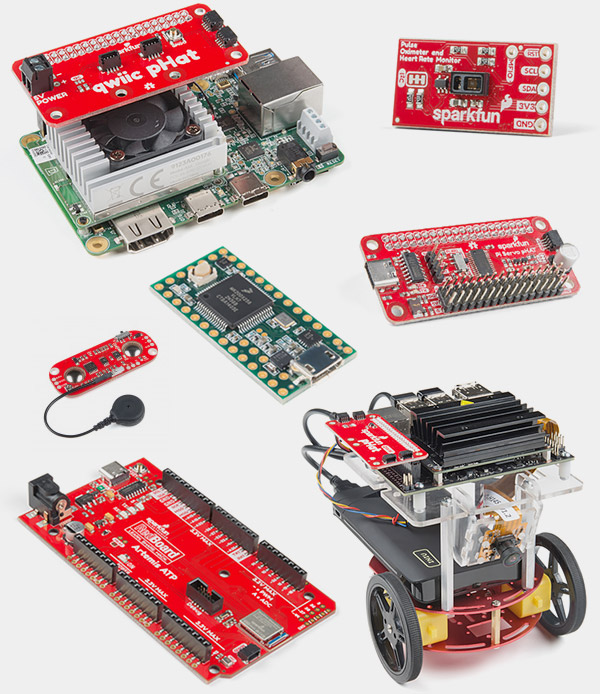
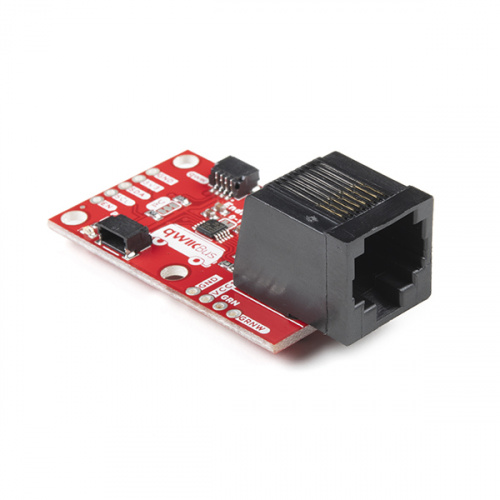
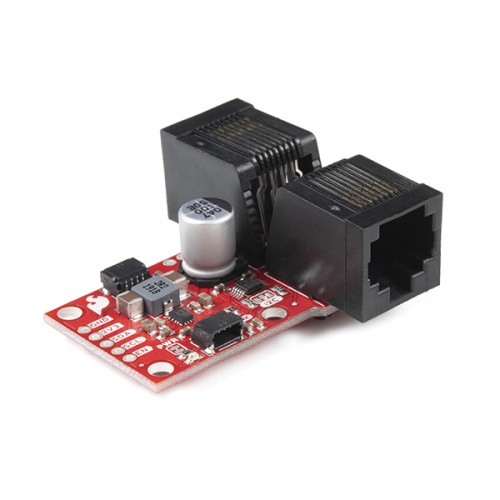
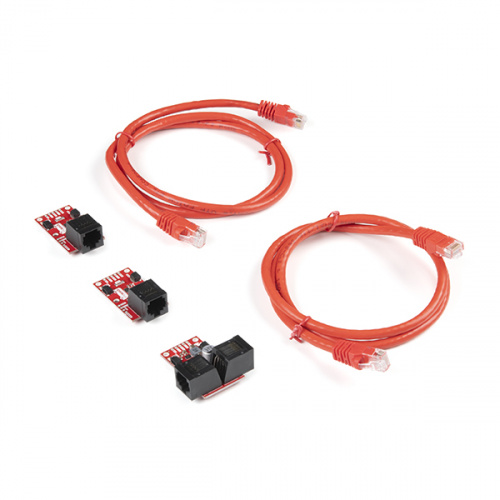
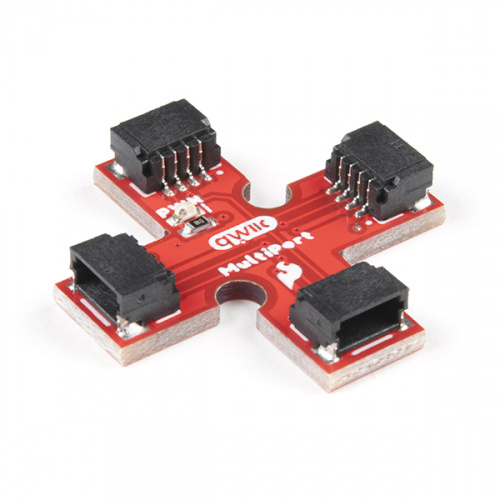
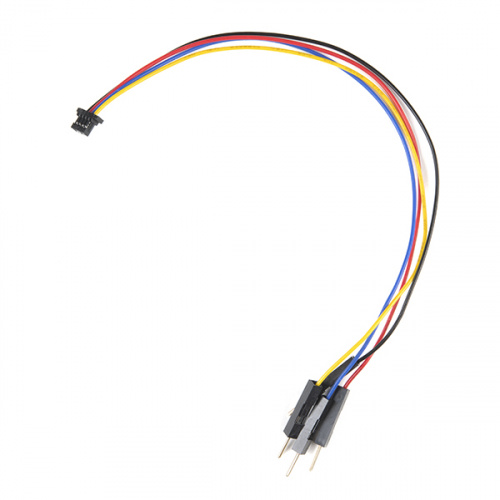
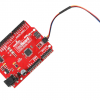
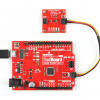






Being the surly old curmudgeon that I am, I would have been inclined to look for a way to put the QwiicBus over 20mA loops rather than differential cables, but I'll admit that 20mA can be a lot more power hungry (and want a higher voltage) than differential. IIRC, though, 20mA get get you to 1000 feet or more, even in something like a factory full of electrical equipment.
I'd still like to see a Qwiic board whose sole purpose in life is to be a "power insertion point" for boards downstream -- i.e., you need to solder a 3.3V source to it which will provide the power to the boards on the "downstream" side.